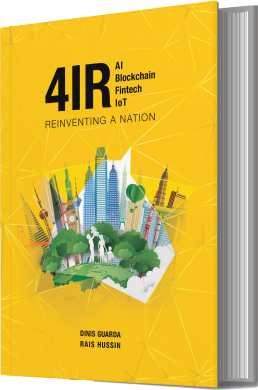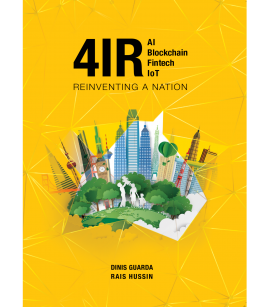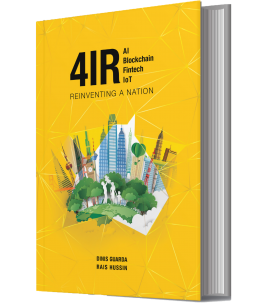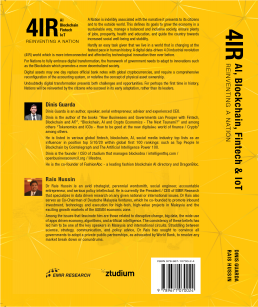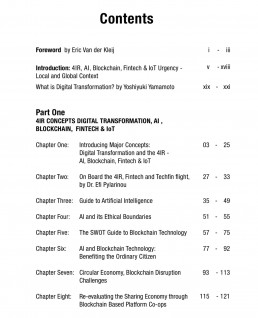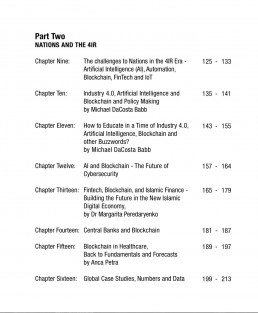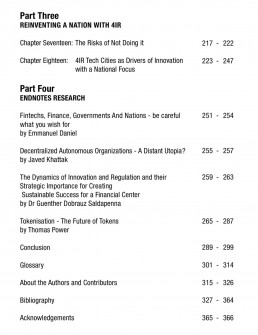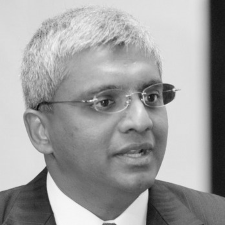Introduction
The most important question a nation has to answer is if it creates the right narrative and value for its citizens. Most would agree that the best value creation is about growing the economy in a sustainable way, managing a balanced and inclusive society, making sure there are enough jobs for its citizens, prosperity, health and education, and guiding the country towards increased social wellbeing and stability. This is complicated in the present world. We live in a world that is changing at a fast pace, a pace never seen so far in human history. We now live in a period of technology data-driven 4.0 industrial revolution - 4IR - a world which is more interconnected and affected by technological innovation than ever before in history. This profound interconnection is also the result of the way in which billions of people behave and connect globally, through the use of mobile devices, smart devices and sensors, all of which have unprecedented processing capacity and power. There are more than 3.5 billion mobile devices all over the world. At the moment when two or more people are talking, the mere presence of a digital device, normally a computer or a mobile phone on the table between them or in their peripheral vision, shifts their attention and changes both what they talk about and their degree of connectedness. This is something that happens in any country and that surpasses all kinds of physical frontiers. As we interact all day long through our smart phones with the inorganic and also organic biological world, we incessantly create a parallel digital world of escalating data. There is also increasing data processing capacity and storage capacity, and this access to unlimited data and knowledge at a global scale, is leading to breakthroughs in all kinds of emergent technologies, which mutate and transform quickly. This is particularly true in the main fields of Artificial Intelligence (AI), robotics, the Internet of Things (IoT), autonomous vehicles, 3D printing, nanotechnology, biotechnology, materials science, energy storage, and quantum computing.
Foreword
My good friend Dinis Guarda recently set me a near impossible challenge as a foreword to this book: To distil a high-level summary of sub-1000 words for a nation seeking to prepare for Industry 4.0. But you see the very word is part of the problem. It’s not just the “Industry” part that’s at stake here. Nevertheless, here is a very non-exhaustive initial answer to that challenge: What a nation needs to do is rapidly prepare and execute a bold, holistic transformation of key components of both industry and society, not overly regulating emerging industries and technologies, not overly protecting incumbents, but by supercharging education, attracting and welcoming / encouraging new challenger start-ups, scale-ups and “unicorns” - both as spin-outs from the incumbents as well as via a smart, targeted inward investment strategy. It must set policy that will rocket-fuel its entrepreneurial and international digital trade ecosystems, reducing friction and bureaucracy alongside continuing to digitally transform its own government services. Eric Van der KleijCEO, The Frontier Network, UKFounder of World Renowned FintechHub Level 39


